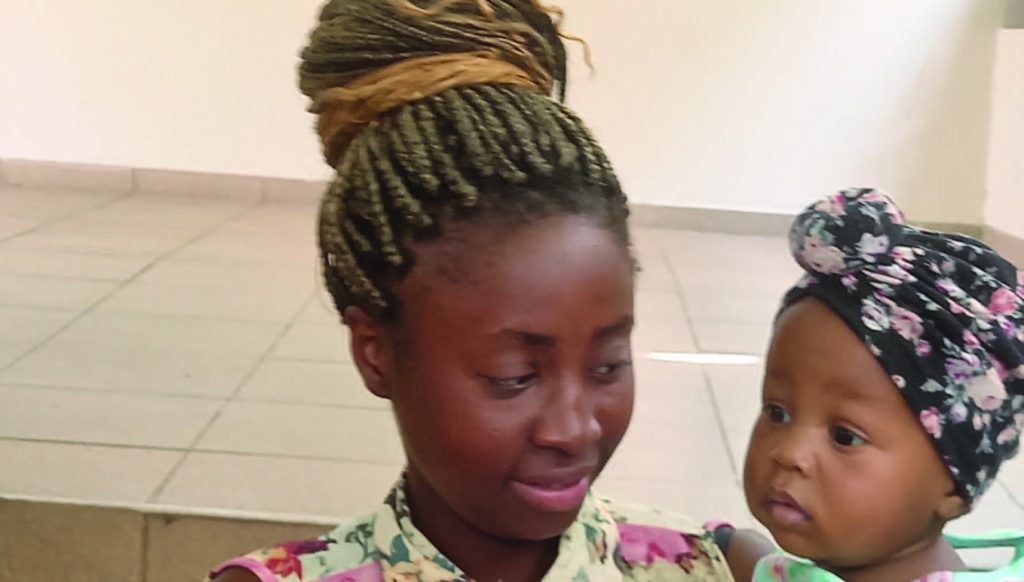Teenage pregnancies alarming—Study
One in three adolescent girls in the country start bearing children before turning 19, a recent Centre for Social Research (CSR) and the African Population and Health Research Centre (APHRC) study has shown.
The findings of the research on ‘Pregnant and Parenting Adolescents’ were disseminated at a workshop in Lilongwe on Thursday.

The research, done in Blantyre rural and urban between April and May this year, involving 669 young mothers, shows that pregnant and parenting adolescents living in Blantyre face significant educational, social and economic challenges that if left unaddressed, can have life-long negatives.
Speaking during the opening of the workshop, Dean of Social Science at the University of Malawi Happy Kayuni observed that teenage pregnancies in the country are alarming—at 44 births per 1 000 girls—and the problem needs serious attention.
“Adolescent child-bearing in Malawi has severe consequences on the health and social economic well-being of girls and their babies. For example, there are sexual and reproductive health consequences, social stigma, ridicule, isolation and social exclusion from peers, family and community,” said Kayuni.
The study, among others, shows that two out of every five pregnant and parenting adolescent girls (39.7 percent) reported that they had experienced intimate partner violence while about 15 percent of pregnant and parenting adolescent girls reported depressive symptoms.
It also shows that nearly one out of every two (48 percent) pregnant or parenting adolescent girls had dropped out of school because they got pregnant, and almost all (94 percent) were not in school at the time of the survey.
“Prevalence of depression was higher among pregnant and parenting girls ever exposed to intimate partner violence (23.8 percent) than those never exposed to intimate partner violence (8.4 percent). Most parenting adolescents reported that they were taking care of their children alone. Those who received childcare support primarily received it from their mothers or grandmothers,” reads the findings, in part.
Blantyre District Council director of education, youth and sports Paul Chiphanda said the Ministry of Education started organising mother groups in schools as well as encouraging girls to go back to school after giving birth through policy on re-admission.
Ninteen-year-old mother Funny Phiri from Machinjiri, Blantyre, who has a 10-month-old daughter, shared her experiences during the meeting, saying she dropped out of school in Form Four last year and that life is now difficult, especially with her mother as a single parent.
Said Phiri: “My advice to fellow girls is that if they find themselves in my situation, they should not lose hope, but remain focused on their goals and go back to school.”





